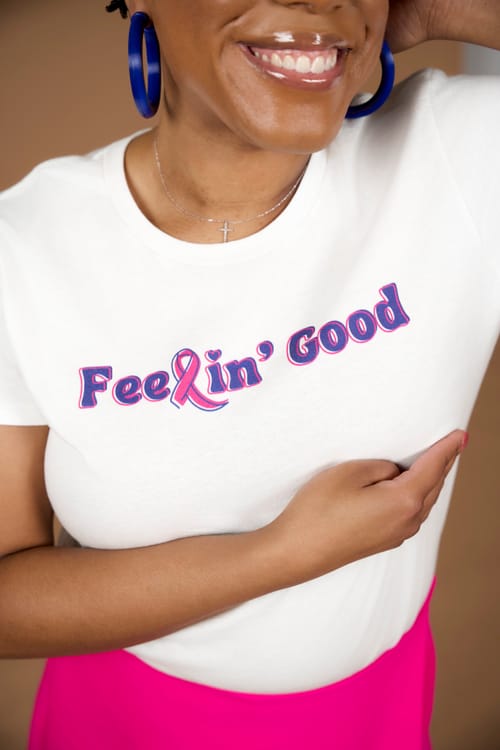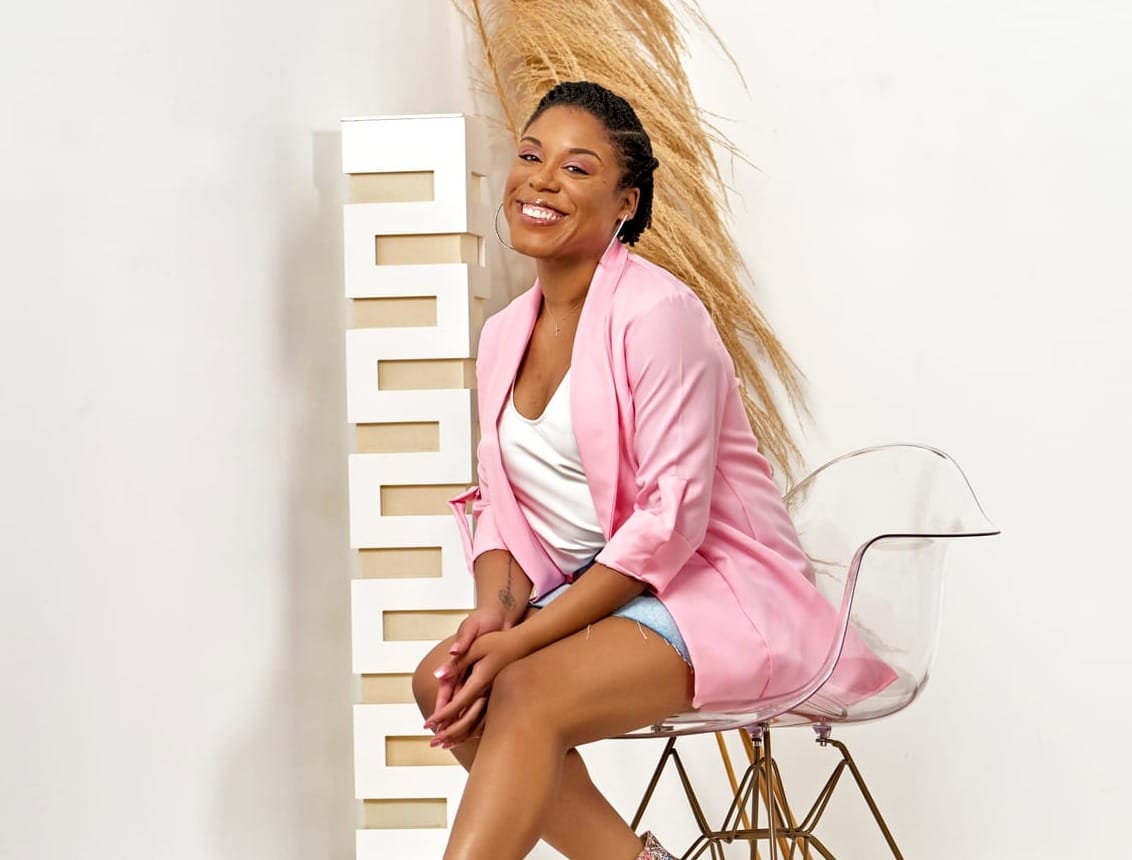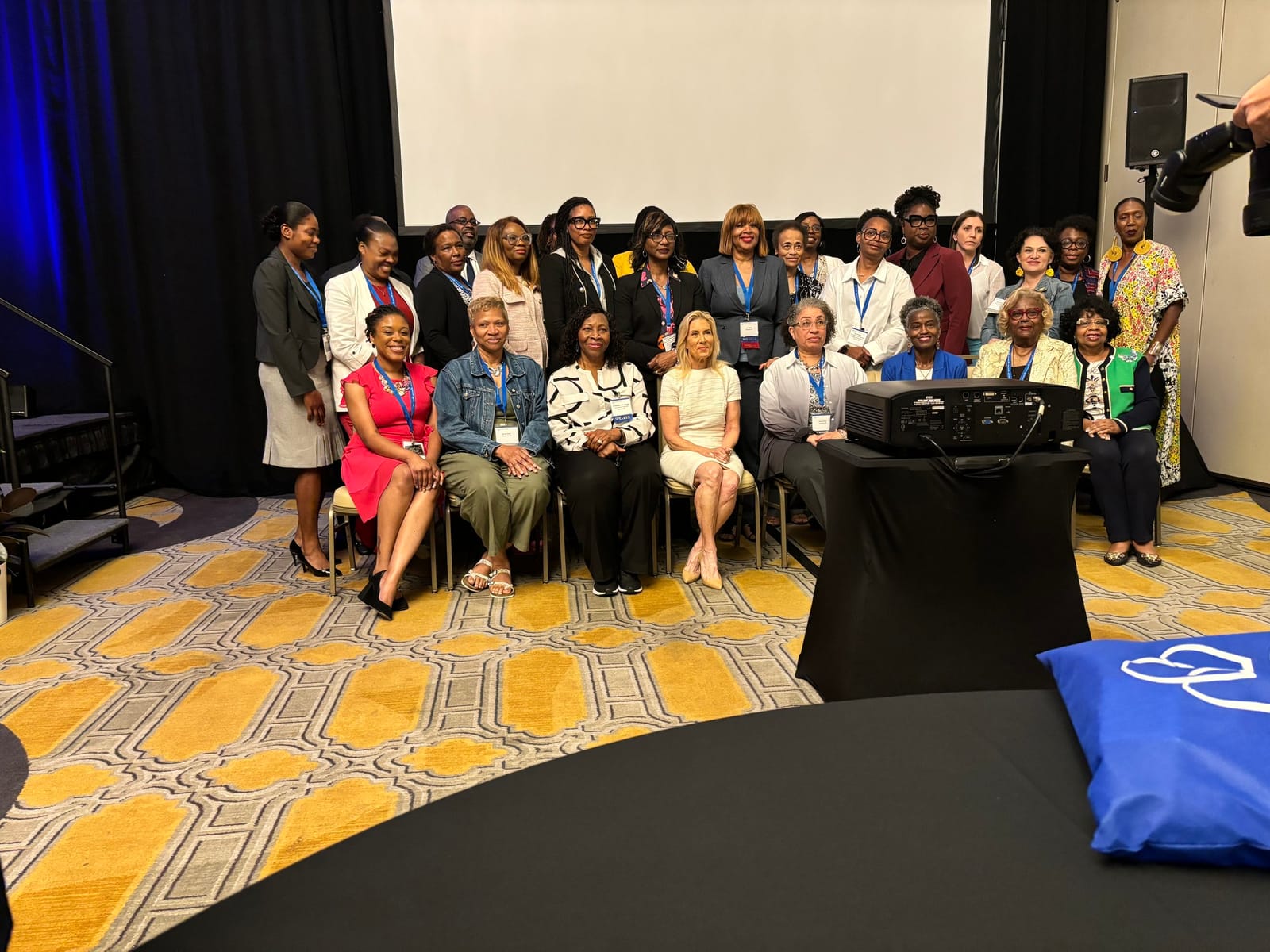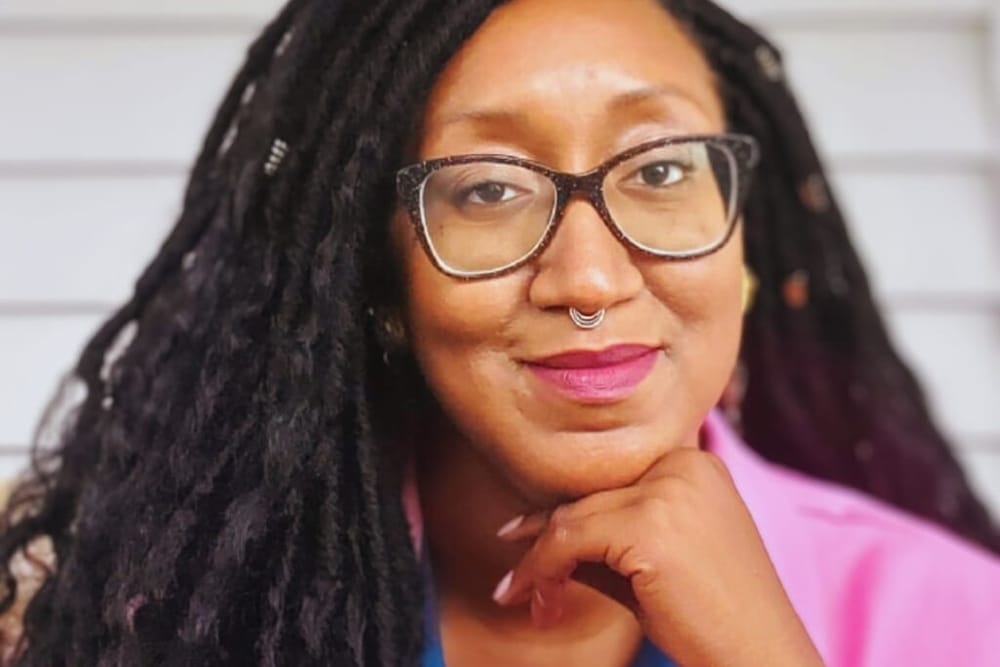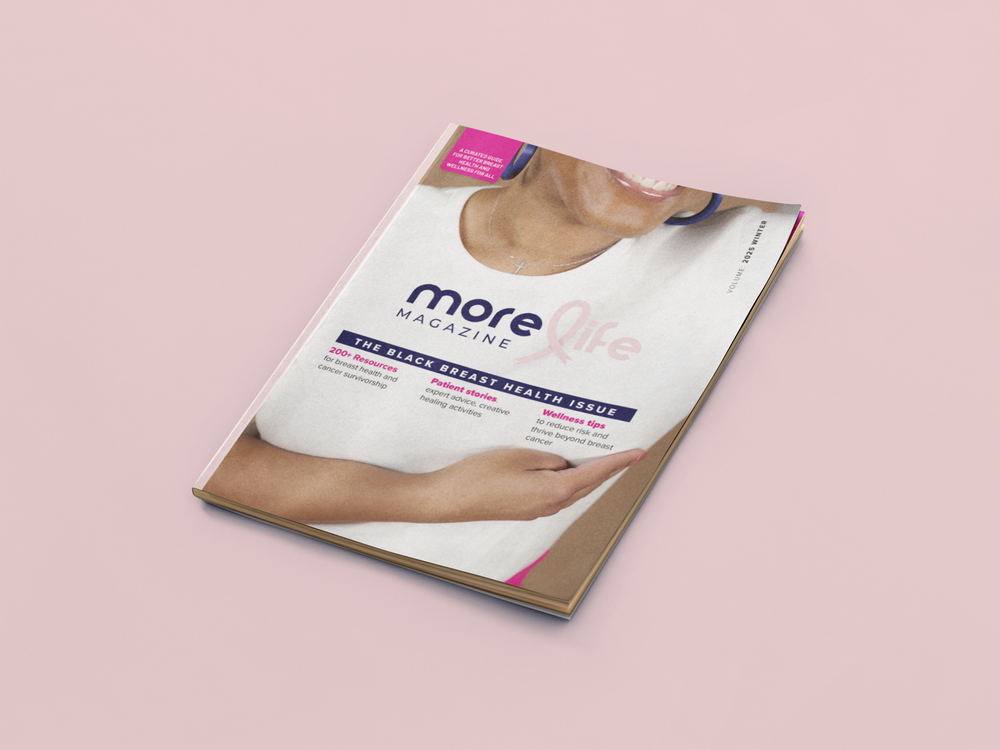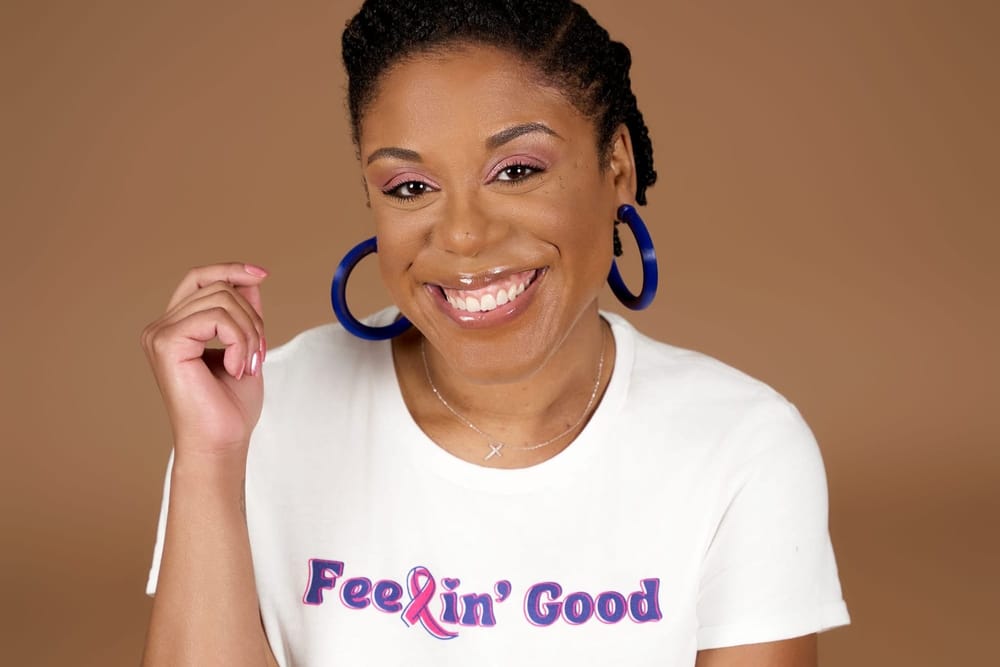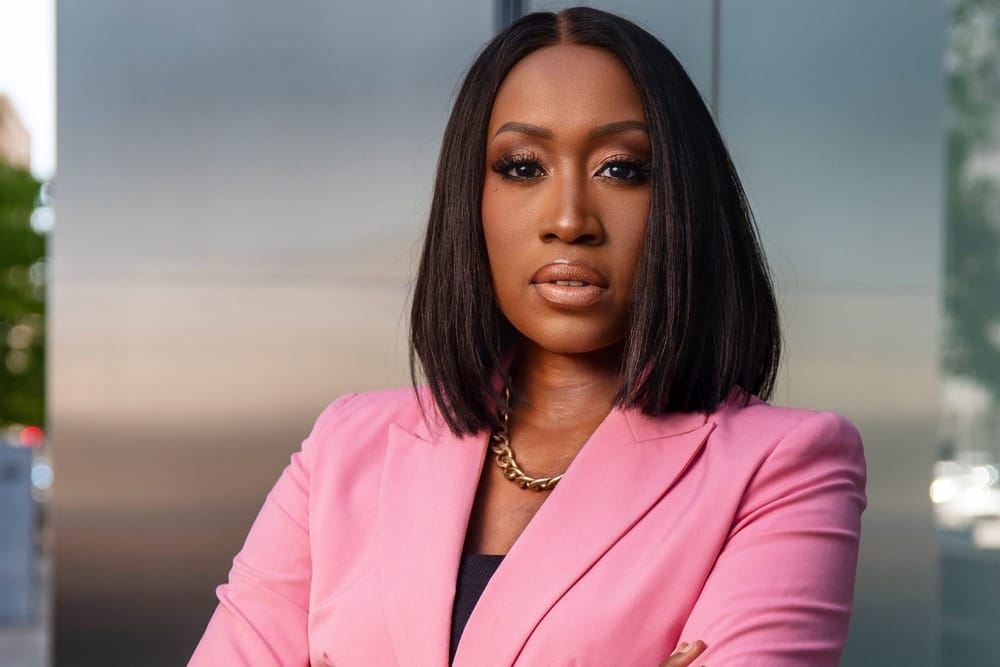In May, I had the privilege of attending the inaugural Science of Community Outreach and Engagement (SoCOE) conference in Jacksonville, FL – the first real cancer advocacy opportunity I’ve ever had in my city. The Alliance of Black Community Outreach and Engagement (COE) Scientific Directors brought the SoCOE conference to life with the aim of exchanging knowledge, best practices, and tools for effectively connecting with diverse minority and marginalized populations.
This year's focus was on decentralizing Oncology Clinical Trials (OTCs) in Black communities. The conference provided community partners and advocates, including myself, the chance to complete the Mayo Clinic Comprehensive Cancer Center Master Advocacy Training while sharing evidence-based COE interventions, breakthroughs, and opportunities.
Here are four highlights from my experience:
The power of convening across cancer communities
The SoCOE conference seemed to focus predominantly on the leading cancers among Black and Latine communities, including breast, prostate, and lung. As I listened to Dr. Dottington Fullwood discuss using AI for emotional support after a prostate cancer diagnosis, it reminded me of the many times I begged young women to follow up on screening results. Breast health support usually starts after diagnosis, but young women have shared how emotionally taxing screenings alone can be. I heard about this cool approach to a common hurdle, and I wondered if a similar intervention would help address (at least in part) the delay in follow-up after an abnormal breast screening for Black women.
I’ve said it before and I’ll keep saying it: collaboration is the key to innovation. I loved hearing about the creative ways other cancer communities are learning to meet people where they are. And while I hope to create more collaborative spaces within the breast cancer community, more and more, I’m starting to see the benefit of working beyond that boundary.
Empowering advocates to transform communities
I appreciated the thoroughness of the Master Advocacy Training. The presenters provided us with a book on the science of various cancers, guided us in identifying community needs, and helped us think through the level of impact we want to achieve. They equipped us with tools to create, fund, and assess our programs — something previous advocacy trainings lacked but proved incredibly useful.
While we wanted to spend more time discussing the engaging sessions, we did cover key topics like digital health interventions, health literacy, and recognizing diversity within the Black community. Overall, I left with numerous ideas and resources that are already enhancing More Life Magazine.
“Black” is big and incredibly diverse
This was the first time I understood how inadequately "Black" identifies the various distinct communities and cultures it represents. I appreciated the insights gained from the training sessions on better serving African immigrants, Caribbean immigrants, and Black Hispanic communities. We explored their unique cultures, languages, and challenges they face in accessing quality care.
This presents an opportunity for organizations to reconsider if they are truly meeting the needs of the Black people in their community. When organizations with similar missions operate in the same area, are they focusing on the same target audience? Have we unintentionally excluded some individuals while duplicating efforts in programs and educational materials?
Partnering to fill gaps and expand levels of influence
The medical and research community has long been familiar with the socioecological model, but seeing it presented in this setting excited me. While I'm not sure if it's frequently promoted as a framework for enhancing partnerships among patient support and advocacy organizations, I firmly believe it should be.
The socioecological model (SEM) encompasses five levels of influence: individual (e.g., attitude, knowledge, skills), interpersonal (e.g., family, friends, social networks), organizational (e.g., organizations and institutions), community (e.g., cultural norms, organization partnerships, physical environment), and public policy (e.g., local, state, federal legislation). The SEM posits that a person's behavior is part of a dynamic network involving personal traits, social interactions, institutional aspects, community factors, and public policy. This presents many opportunities for organizations to have an impact by developing interventions, enhancing environments, restructuring systems, and more.
In recent years, many partnerships I’ve observed have been established among organizations filling gaps within the same sphere of influence, which is necessary. However, when expanding into other levels of influence, organizations seem to prefer expanding the scope of work rather than supporting the work of existing organizations in that sphere. Addressing an unmet need is always beneficial, but needlessly duplicating efforts divides resources and hinders progress. We must improve our willingness and ability to work together because people’s lives literally depend on it.
Attending the SoCOE conference amazed me - I met so many incredible CHAINGemakers. These people excelled not only in their craft but also in their willingness to collaborate with other brilliant individuals. As a survivor advocate and a Black woman, witnessing the collaborative efforts of the Black women who conceptualized this conference truly inspires me undeniably. I look forward to participating in more collaborative cancer communities in the future.
We want your feedback!
Did you learn something helpful or find a new resource? Tell us how we're doing by completing a short 5-question survey and get the chance to win a $25 Amazon gift card.
Take the Survey